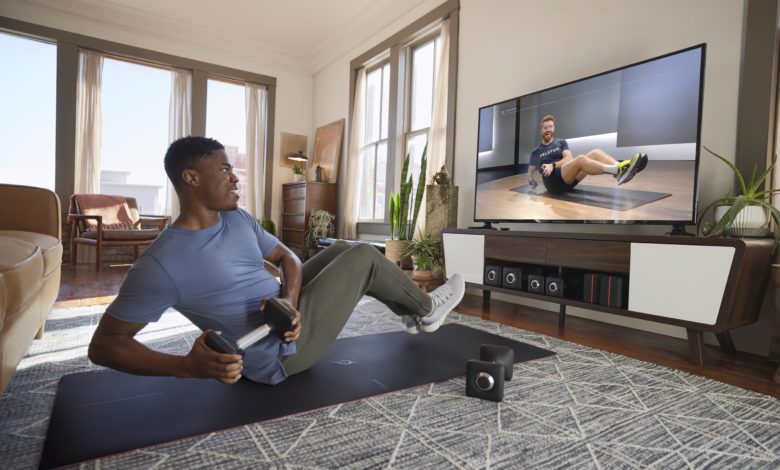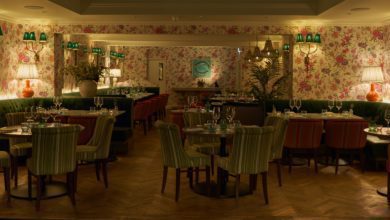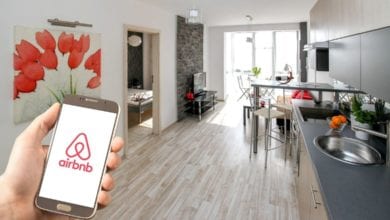
It’s no secret that, traditionally, wellness doesn’t have a proven track record of stellar performance in hospitality, often failing to create enough differentiation to increase top and bottom lines. So how, in this current uncertain landscape, can hoteliers report healthy profits while still delivering remarkable guest experiences?
“The trouble is so many hoteliers confuse wellness (the tool) with wellbeing (the goal), and so focus their offering on the latest new concepts or therapies, rather than the end goal of enhanced physical mental, emotional or spiritual wellbeing,” explains global hospitality expert and author, Sonal Uberoi. “When integrated in a meaningful and coherent way, wellness can form a fundamental part of a hotel’s success, future-proofing the business without the budget and space constraints of a ‘grand wellness concept’. Cookie cutter, one-size-fits-all approaches will no longer work; wellness offerings must be hyperpersonalised to directly target the needs of every potential guest.”
John Page, procurement manager for Brand and Supplier Partnerships EMEAA at IHG Hotels and Resorts, concurs. “Whilst older guests may be happy with a comfortable bed, great shower and Wi-Fi, millennial guests will be looking for hotels with electric car chargers or in-room fitness,” he says. “In just the same way hotels that have balconies with beautiful views naturally charge more for those rooms, hoteliers will be able to boost their rate for guests choosing more luxurious rooms that come with these bonuses.”
Uberoi agrees. She says: “A multi-million-pound gym or spa can never be personalised for every guests’ needs, but an in-room wellness concept, for instance a Peloton bike and/or the Peloton app, enables a hotel to offer every guest a hyperpersonalised wellness experience, anytime. They can work out on the bike or do a yoga class, stretch or meditation, exactly how and when they want, but still with a sense of community. That is priceless. It’s achievable, affordable wellness that creates those transformational experiences that keep guests coming back in a simple yet effective way, allowing the hotel to increase ADR and guest satisfaction.”
The hotel management experts at Michels and Taylor (M&T) believe this is so important they’ve created an entire role around commercialising their hotels’ spa and leisure offerings.
Commercial director, Nora Kurittu explains: “During the pandemic we realised how much pent up demand there was for spa and wellness. There’s so much more to it than ‘is the pool clean?’ We want to have a more commercial take on the business and apply some science to it. The idea is stop spa, leisure and golf being separate entities and bring them fully into the hotel as part of the overall business – just like running a bedroom, looking at average occupancy, transaction value etc, so we can give wellness an average hourly rate.”
As part of this, M&T is also exploring how it can support hotels to offer in-room wellness. “Since the pandemic we’ve seen a massive shift in what consumers want. A lot of people took up running, walking or cycling because they had nothing else to do, and now travellers want to continue their new habit when they’re away – it’s a lifestyle change that’s more about how it makes them feel than what they look like,” says Commercial Manager Leisure, Spa and Golf at M&T, Marc Wood. “A lot of corporate guests don’t have time for the gym but still want to look after themselves both mentally and physically. An in-room offering means if they can’t sleep or want to get up at four in the morning they can meditate, do a Pilates class or even a bike ride in the peace of their own room.
“Equally importantly, on the road, some corporate clients might not see anyone they know for several days at a time. By offering a solution such as the Peloton bike or app they have access to a community they know; familiar faces that take the loneliness and isolation out of their trip.”
SP Russell is Procurement Group manager at Dorsett Hospitality International where Peloton bikes are being trialled. He agrees the in-room privacy aspect is key. “High-end guests, both corporate and leisure, want to work out away from prying eyes. At our Dao by Dorsett West London we’ve put a Peloton bike in one of our Deluxe apartments, as well as on the terrace of one of our Premium One bedrooms, so guests are surrounded by the green oasis of the garden whilst they work out. We also have plans for our Dorsett Shepherds Bush hotel post refurbishment, as we can see people are already booking and repeat booking because of the bikes and access to the Peloton app.”
Axel Ludwig, managing director and owner of Alpine Hospitality, agrees members will no longer accept a gym hidden away in the basement. He says: “Health and sustainability are the two biggest trends in the world and, as such, guests demand well-equipped wellness spaces that are inviting, with great ambience. It needs to have natural light, fresh air and quality equipment that’s clean and well maintained.”
However it is presented, wellness is a vital consideration for guests booking in 2022 – it’s what makes them stay longer and come back again, and the hypersonalised wellness experience offered by in-room fitness could be key to achieving this on a budget.









